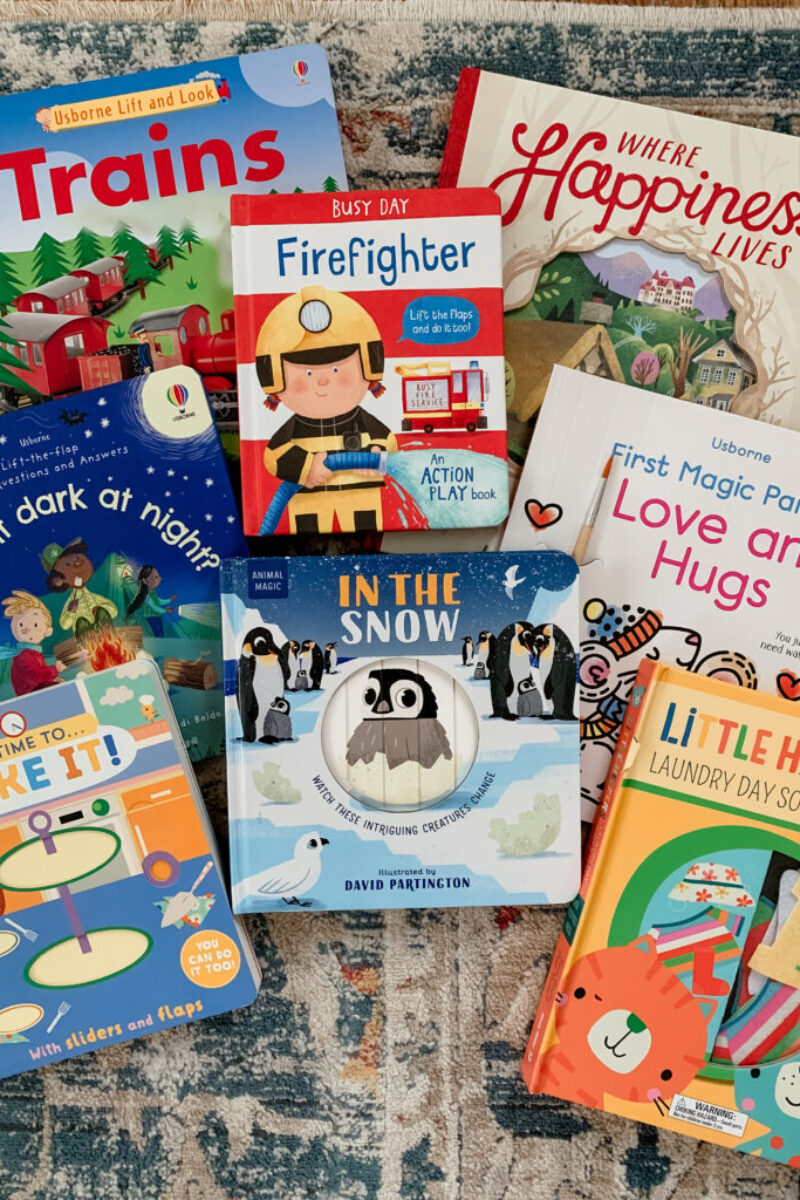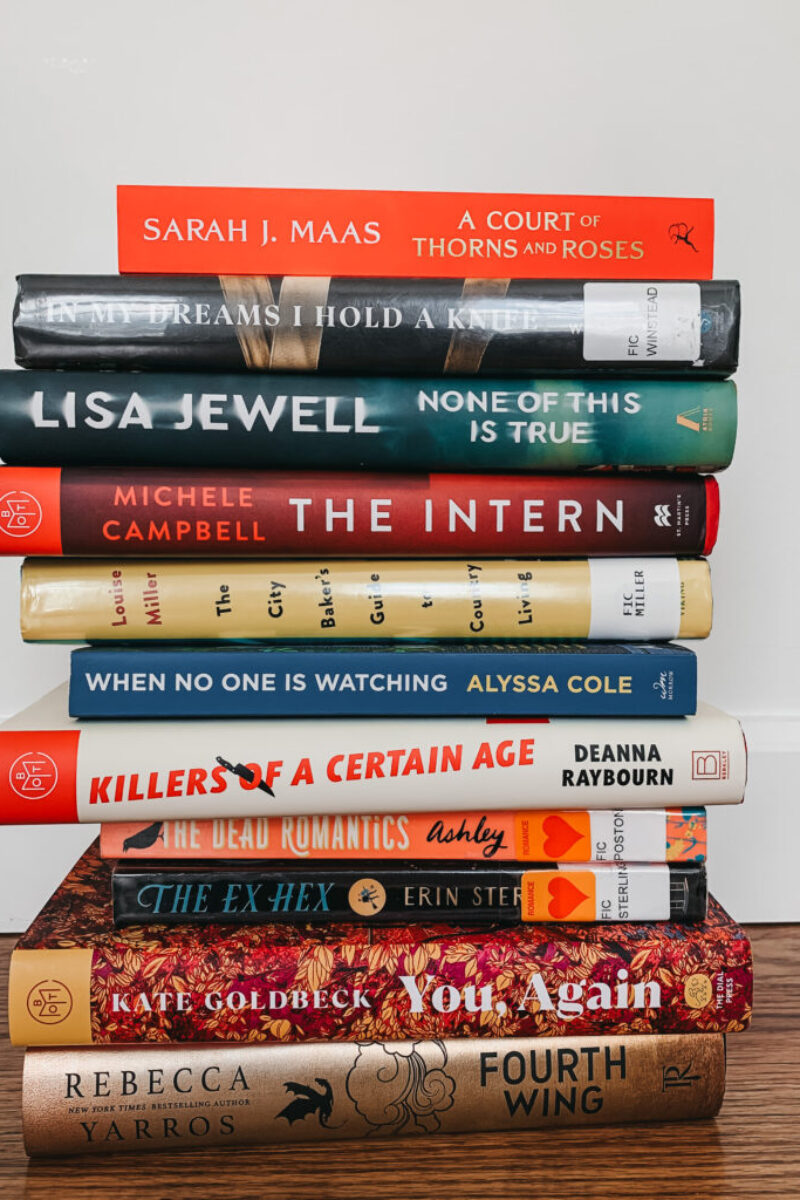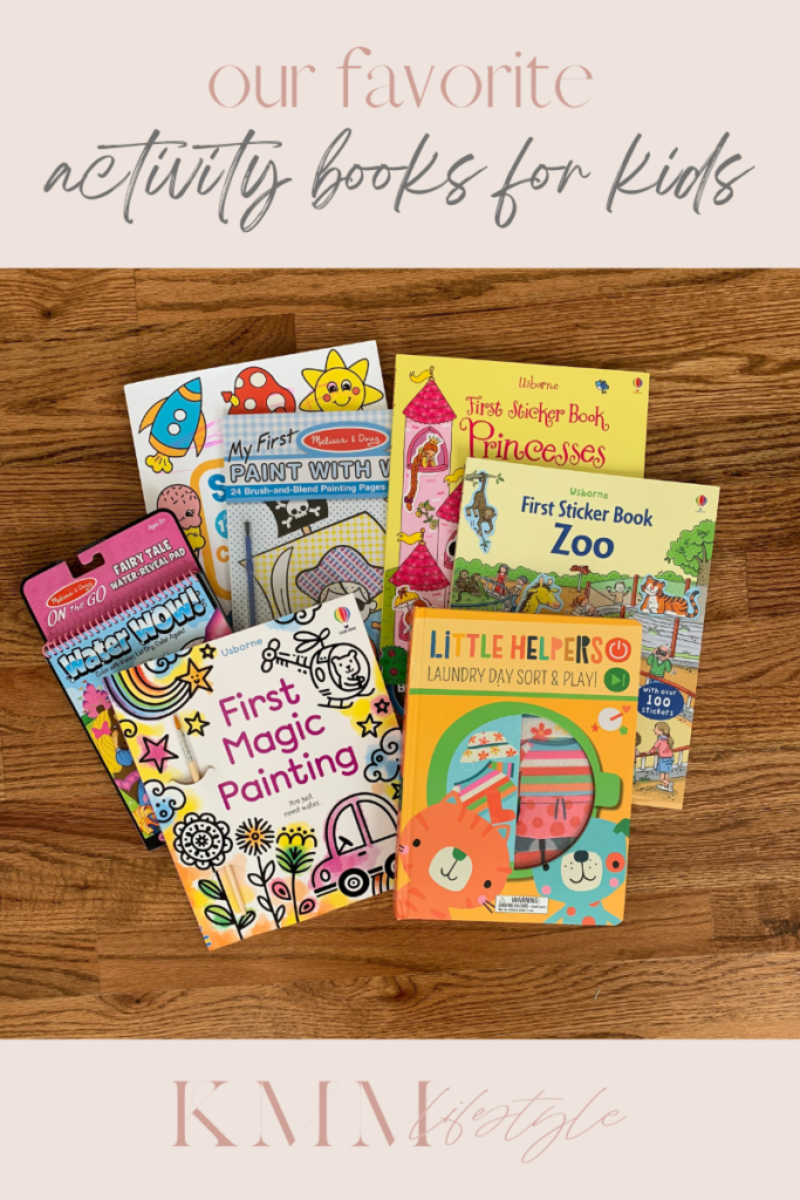5 Ways to Get Better Sleep

Since the start of shelter in place, one thing I have been trying to prioritize is sleep. During the normal weekday hustle, sleep is one thing many of us likely don’t get enough of, which is crazy to me, because we NEED sleep in order to function. For privacy reasons, I usually don’t share much about what I do for work. Most of you are aware that I am a nurse practitioner and specialize in pediatrics, but I ALSO specialize in sleep medicine. Although I counsel patients on sleep medicine daily, I am the worst about taking my own advice.
Why is sleep so important? So many reasons! Sleep is essential for good overall health and well being. Inadequate sleep can negatively impact cognitive function, mental health, and can be related to high blood pressure, weight gain and/or weakened immune system. Basically, we need sleep in order to be our best selves. Unfortunately, sleep is often the first thing we compromise because there just aren’t enough hours in the day.
The long term effects of sleep deprivation are real, friends! If you are finding yourself with more time on your hands, I challenge you to get control of your sleep habits now. Here are some tips on how to get better sleep.
1. Start and Maintain a Routine
This is usually the first thing I discuss with my patients who are struggling with insomnia or difficulty with falling asleep at night. Our brains are interesting specimens, they are VERY trainable, and something as simple as implementing a good nighttime routine may be all you need to help you fall asleep at night. Try to keep the same bedtime every night (yes, even on weekends) and wake up at the same time every morning. Aim for a goal of 7-8 hours of sleep if you can. I also recommend doing 2-3 quiet activities at night to help you wind down. For me, I simply wash my face, make a cup of non-caffeinated tea, and read for 30 minutes before I get in bed.
2. Get Moving
Regular exercise can help you sleep better at night AND feel more awake during the day. The more vigorous the exercise, the better the sleep benefit, but even just a 10 minute walk outside may help your body get more restorative sleep at night.
3. Make Yourself Comfortable
Create an environment that is conducive to sleep! Adults spend 1/3 of their life sleeping, so I highly recommend investing in quality bedding and a good mattress. Recently, JD and I upgraded to a Lull mattress and I have noticed huge improvements in my sleep quality since we got this! Our mattress before was cheap and uncomfortable, and I found myself waking up multiple times a night due to various aches and pains. Lull mattresses are made of premium memory foam that helps support spine alignment so that you don’t wake up uncomfortable. It contours your body perfectly so that you don’t sink in, and to me it is the perfect firmness for a great night sleep.

If you are a hot sleeper like me, the Lull mattress has a premium gel top layer that transfers heat away from the body. I also recommend investing in a cooling mattress pad, which has worked wonders for me!
Don’t be afraid of spending too much on bedding if you are able. Like I mentioned before, we spend 1/3 of our life sleeping. If there was anything to spend up for, it should be good sheets, pillows, and a mattress!
4. Manage Your Stress
As a person who struggles with anxiety, this is definitely easier said than done. If your mind is constantly racing and you find yourself worrying or having residual stress from your day, this can certainly impact your body’s ability to fall asleep. You can try relaxation techniques like deep breathing, or experiment with essential oils. One thing that used to work well for me in the past when I couldn’t sleep was writing down all my worries on a piece of paper. That way I felt like I acknowledged those feelings, and was able to fall asleep.
Another thing I make a point NOT to do before bed is check my work email. I used to do this right before bed and it would cause me so much stress that I would be up for hours. You may also find that maintaining your bedtime routine is enough to help manage your stress and worry at night, this has helped me tremendously!
5. Control Your Exposure To Light
Our bodies use melatonin to help regulate our sleep-wake cycle. The natural release of melatonin in our body is controlled by light. The darker the environment, the more melatonin our body releases, in order to help make us sleepy. The brighter or lighter the environment, the less melatonin we produce and the more alert and awake we feel.
If you are struggling to fall asleep at night, I recommend keeping the bedroom as dark as possible. Dimming the lights throughout your home 1-2 hours before bed may also help. Avoid using electronics (yes that means your phone) 1-2 hours before bedtime. If you prefer to read on electronic devices, I would use an e-reader, like a Kindle, that is not super back-lit. Personally, I turn off all notifications on my phone at 8PM and set my phone to do not disturb so I am not tempted as much to use it.
If you have a problem with sleepiness during the day, expose yourself to as much natural light as possible. Go outside if you can during your breaks from work. If it is a particularly dreary day, or during the winter when the days are shortner, you can use a light therapy box to help stimulate sunlight.

Let me know in the comments what you have tried to help with your sleep!
xo, Kristen





